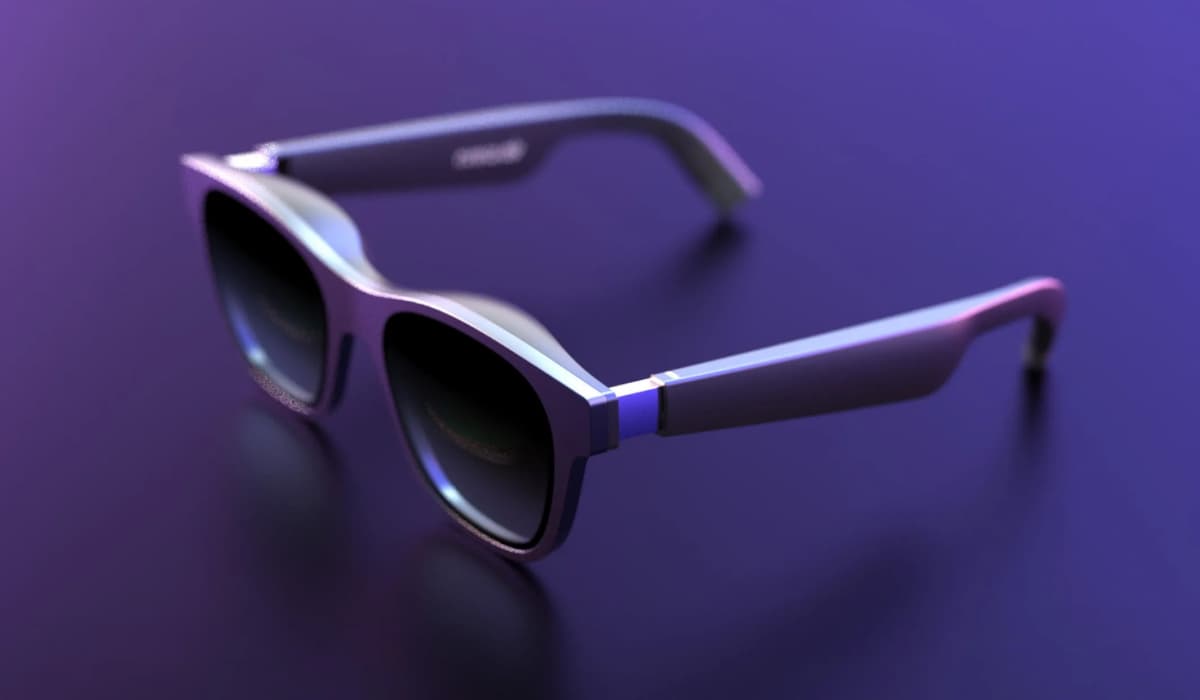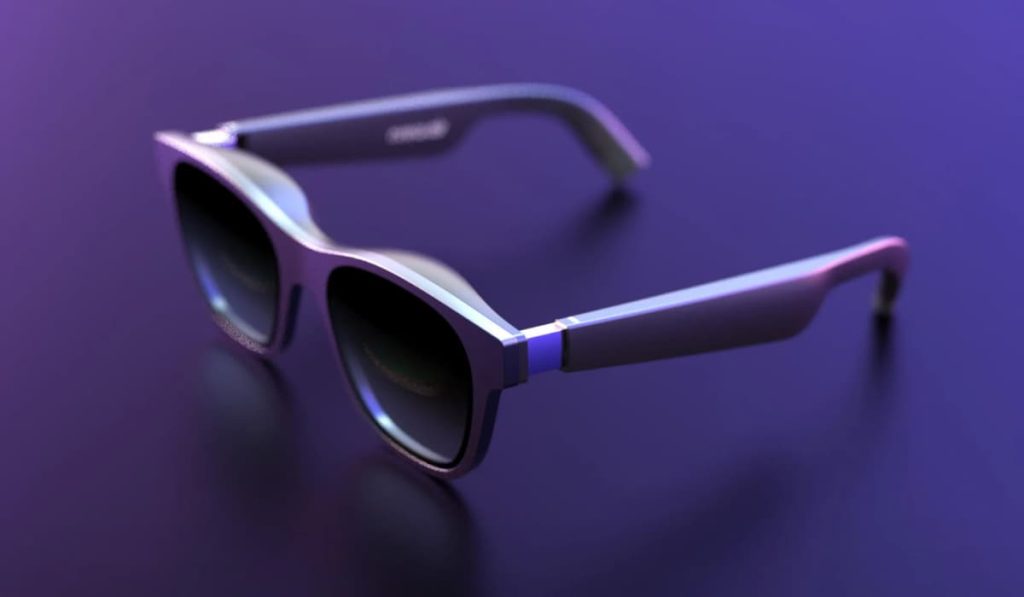In a recent example of innovative technology making a positive difference, there is now new artificial intelligence (AI) powered smart glasses that allow deaf people to listen in on real-time conversations by reading subtitles.
Branded XRAI Glass has developed these glasses using ordinary augmented reality (AR) glasses synchronized to a smartphone app with AI-powered software. This latest technology also has the feature to rewind the chat and acts as a personal assistant that remembers what the person might have forgotten.
Not only this, but the live captioning app can also translate over nine languages and there are soon more to come in the next few months. The translation takes place near-real time, allowing the wearer to keep up with the conversation.
XRAI Glass co-founder and chief marketing officer Mitchell Feldman referred to it as “Alexa in front of your eyes” which is quite a fitting analogy.
The idea for this product was inspired by co-founder Dan Scarfe’s 97-year-old grandfather who experienced hearing loss and found it increasingly difficult to participate in family gatherings.
“Where his grandfather came to life the most was watching television and using subtitles,” Feldman said.
He added, “If he enjoys captioning, why can’t we caption his life? And that was the genesis of how this product started.”
Related News
- AI-based Model to Predict Extreme Wildfire Danger
- This AI Can Generate Unique and Free Bored Ape NFTs
- IRpair & Phantom; powerful anti-facial recognition glasses
- Anti-facial recognition glasses protect privacy from CCTV cams
- Apple Glass may feature 3D Audio and Self-Cleaning in new patent
The standard live captioning app is currently free to download with the assistant on fourteen android smartphone models however, it is not yet compatible with the iPhone. A free version of the app is expected to soon be made available on Apple smartphones, but users will have to pay for premium features themselves. The translation services have to be paid via subscription while the glasses separately cost $484.
Aside from this, there are some other improvements that are required before the glasses can be fully incorporated into daily life. For example, understanding group conversations can be a struggle with people speaking over each other. Moreover, a fairly quiet environment is a prerequisite for interpreting speech accurately.
As this exciting innovation advances, we look forward to seeing it enable engagement and participation for those with hearing loss.










